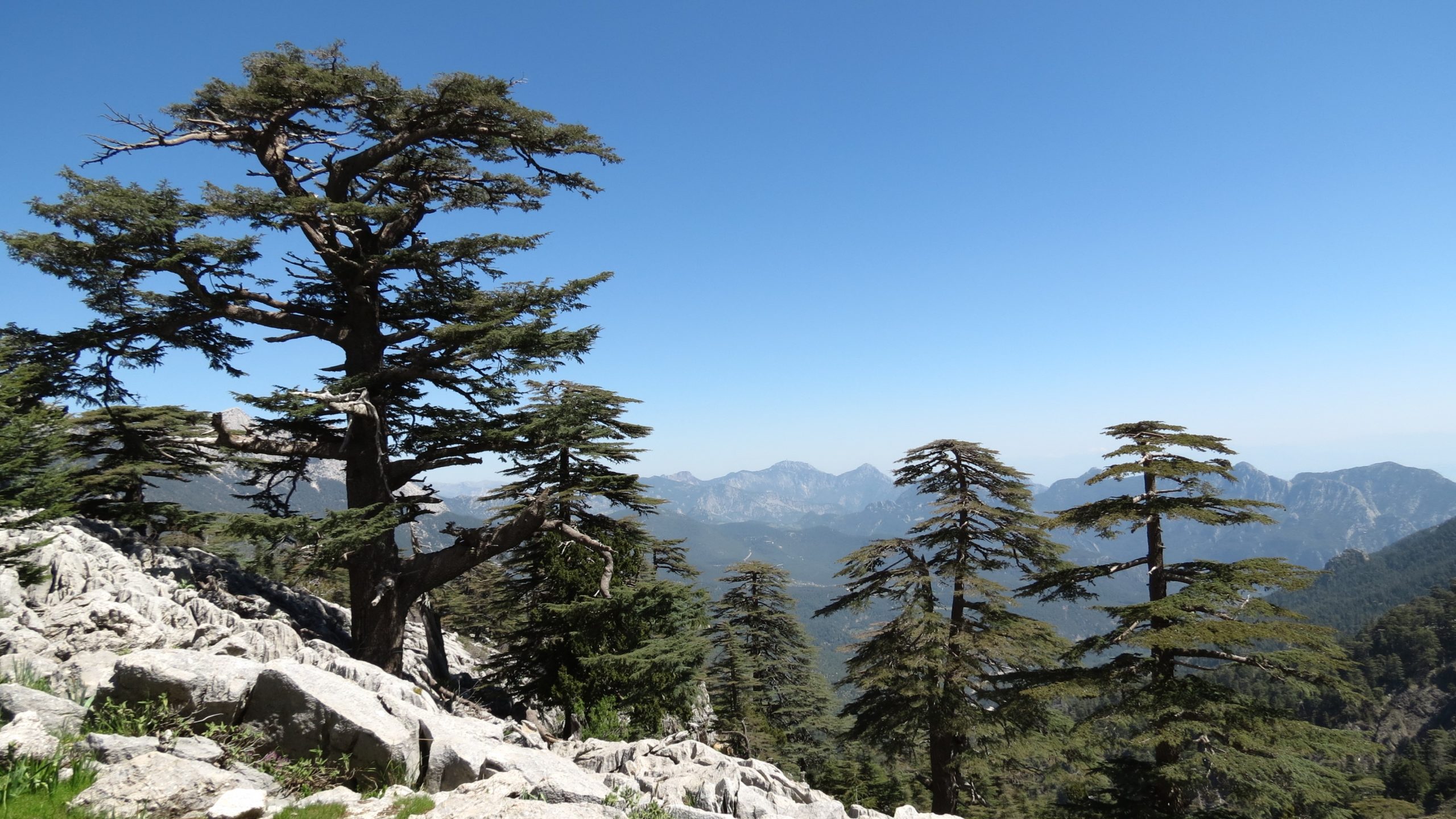
Ezekiel 17:22-24
Wednesday of Holy Week – A Women’s Lectionary
22 Thus says the LordA God:B
I myself will take a sprig
from the loftyC topD of a cedar;E
I will set it out.
I will break offF a tender oneG
from the topmostH of its young twigs;I
I myself will plantJ it
on a highK and loftyL mountain.
23 On the mountain heightM of IsraelN
I will plant it,
in order that it may produceO boughsP
and bearQ fruit,R
and becomeS a nobleT cedar.
Under it every kind of birdU will live;V
in the shadeW of its branchesX will nestY
winged creaturesZ of every kind.
24 All the treesAA of the fieldBB shall knowCC
that I am the Lord.
I bring lowDD the high tree,
I make highEE the lowFF tree;
I dry upGG the greenHH tree
and make the dryII tree flourish.JJ
I the LordKK have spoken;LL
I will accomplishMM it.
Image credit: “Cedrus libani” – Lebanese cedar in Antalya province, Turkey by Juan José Sánchez, 2013.
